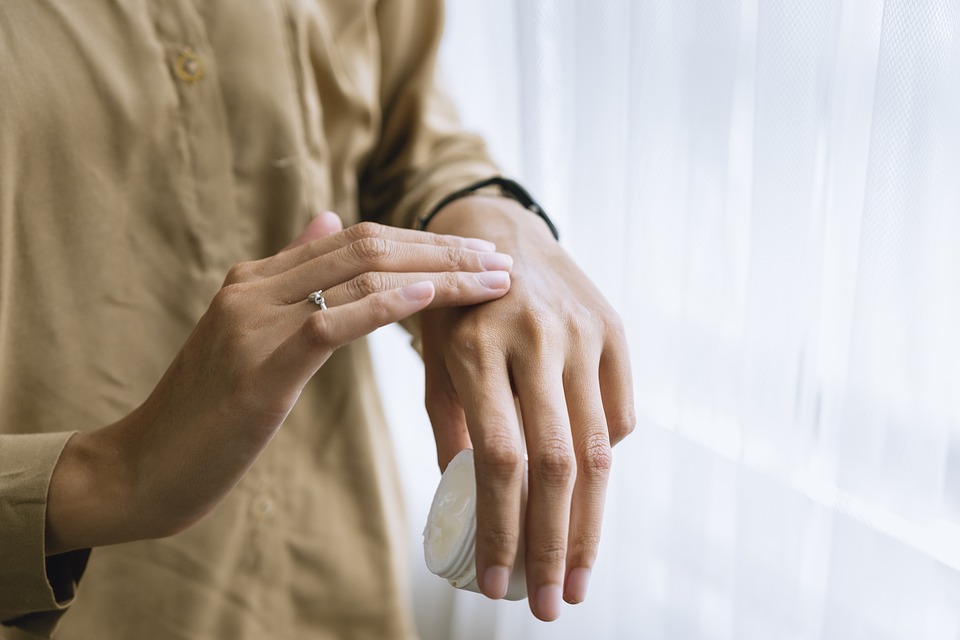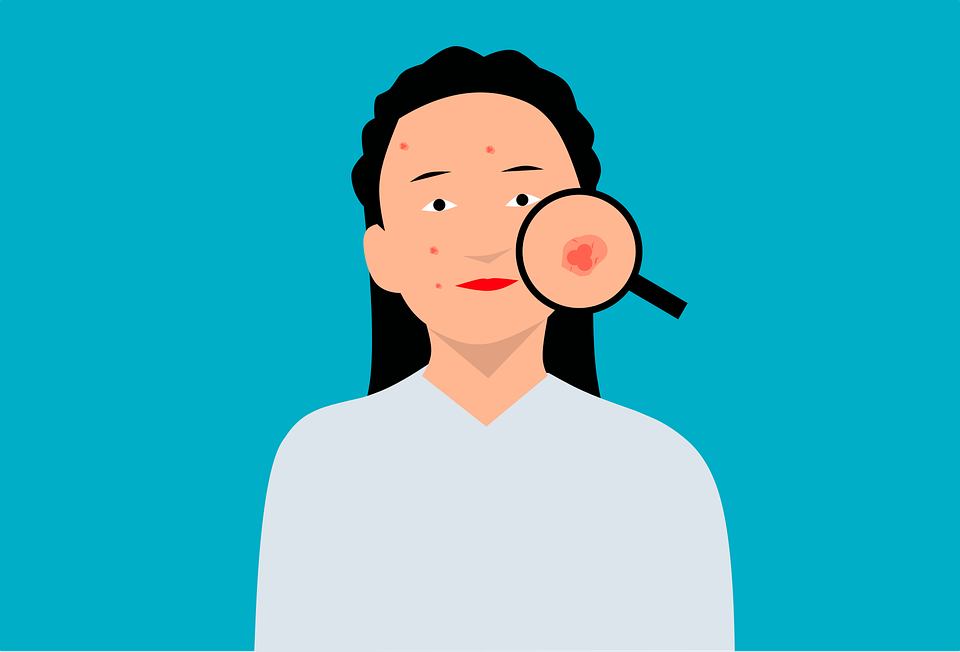When we think of probiotics, we often think of their benefits for digestive health. However, emerging research suggests that probiotics may also play a role in improving skin health and treating acne. In this blog, we’ll explore the connection between probiotics and skin health, and how probiotics can help with acne treatment.
The Gut-Skin Connection
The gut and the skin are connected by a complex network of communication pathways. This connection is commonly referred to as the gut-skin axis. The gut-skin axis plays a crucial role in the regulation of skin health. Studies have shown that imbalances in the gut microbiome can lead to the development of skin conditions such as acne and eczema.
How Probiotics Can Improve Skin Health
Probiotics can improve skin health in a variety of ways. Here are a few of the ways that probiotics can help:
Reducing Inflammation
Probiotics can help to reduce inflammation in the gut, which can also help to reduce inflammation in the skin. Chronic inflammation can lead to the development of skin conditions such as acne and eczema.
Supporting the Skin Barrier
Probiotics can help to support the skin barrier by promoting the growth of beneficial bacteria on the skin. This can help to prevent the growth of harmful bacteria and protect the skin from damage.
Regulating Sebum Production
Probiotics can also help to regulate sebum production, which is the oil that is produced by the skin. Excessive sebum production can lead to the development of acne, so regulating sebum production can help to prevent acne from forming.
Supporting the Immune System
Probiotics can help to support the immune system, which can also help to protect the skin from damage and reduce the risk of infections.
The Best Probiotics for Skin Health
Not all probiotics are created equal when it comes to skin health. Here are a few of the best probiotics for improving skin health and treating acne:
Lactobacillus acidophilus
Lactobacillus acidophilus is a probiotic that has been shown to help with acne treatment. Studies have shown that this probiotic can reduce the severity of acne and improve skin health.
Bifidobacterium bifidum
Bifidobacterium bifidum is a probiotic that can help to improve skin health by supporting the immune system and reducing inflammation.
Lactobacillus reuteri
Lactobacillus reuteri is a probiotic that can help to regulate sebum production and reduce the occurrence of acne.
How to Incorporate Probiotics into Your Skincare Routine
There are many ways to incorporate probiotics into your skincare routine. Here are a few tips:
Use Probiotic-Infused Skincare Products
Probiotic-infused skincare products, such as cleansers, toners, and moisturizers, are available and can help to support skin health.
Take Probiotic Supplements
If you’re unable to get enough probiotics from your diet, consider taking a probiotic supplement. There are many different types of probiotic supplements available, so be sure to choose one that’s right for you.
Eat Probiotic-Rich Foods
Probiotic-rich foods are an excellent source of beneficial bacteria. Some of the best options include yogurt, kefir, sauerkraut, kimchi, and kombucha.
Conclusion
Probiotics can play a crucial role in skin health by reducing inflammation, supporting the skin barrier, regulating sebum production, and supporting the immune system. By incorporating probiotics into your skincare routine, you can help to support healthy, clear skin. It’s important to choose an appropriate probiotic supplement or skincare product that contains the specific strains of bacteria that have been shown to provide skin health benefits. By working with a dermatologist or skincare professional, you can develop a skincare routine that is tailored to your individual needs and concerns.







